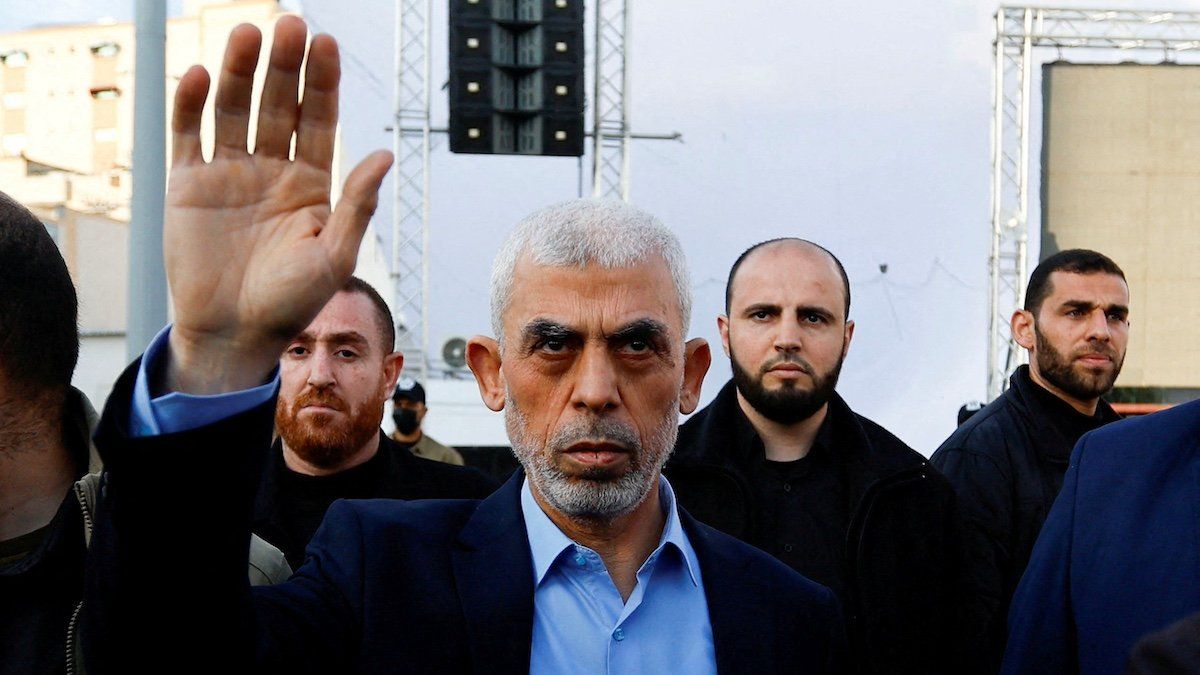Ever since 1,200 Israelis were brutally murdered by Hamas on Oct. 7, 2023, the Jewish state has been on the hunt for the mastermind of the attack — the terrorist group’s leader, Yahya Sinwar.On Thursday,Israel confirmed that it had killed Sinwar in Gaza, reportedly with Israeli tank fire on a building where soldiers had picked up suspicious movement. His dental and fingerprint impressions match Israeli records.
Sinwar, one of Israel’s top targets, was previously believed to be deep underground surrounded by hostage human shields, so it came as a surprise that he had been killed practically in the open.
Israeli Prime Minister Benjamin Netanyahu hailed Sinwar’s death but stopped short of declaring total victory, saying, “Today, evil took a heavy blow — the mission ahead of us is still unfinished.”
He and US President Joe Biden spoke Thursday, and Biden urged Netanyahu to use the moment to bring hostages home and “bring the war to a close." Biden and Vice President Kamala Harris both praised the successful killing of Sinwar, as did leaders from France, Germany, Italy, and the UK.
Will the war in Gaza wind down? Unlikely, though Netanyahu did offer to allow the terrorists holding the remaining Israeli hostages from Oct. 7 to leave if they laid down their arms and returned the prisoners. Netanyahu on Thursday told Israelis, "The war, my dear ones, is not yet over." Meanwhile, Israel’s operation in Lebanon against Hezbollah, which Netanyahu has promised to continue until Israeli civilians can safely return to areas near the northern border, remains ongoing.
Who will replace Sinwar? Hamas’ succession plans are opaque, but a few key figures stand out. Khaled Mashaal was Hamas’ political leader between 1996 and 2017 and remains influential, but his opposition to Syrian President Bashar al-Assad has stressed his relationship with sponsors in Tehran. Probably the best option from Washington’s perspective is Khalil al-Hayya, who has led cease-fire negotiations for Hamas and is seen as more pliable than Sinwar. On the other hand, if Sinwar’s brother Mohammed Sinwar wins the power struggle, his hardline tendencies would likely undermine progress at the negotiating table.
